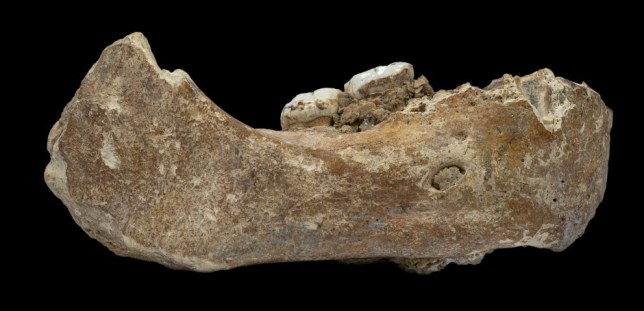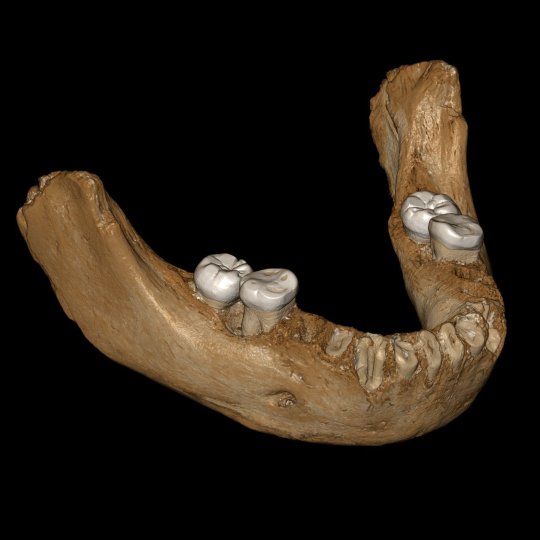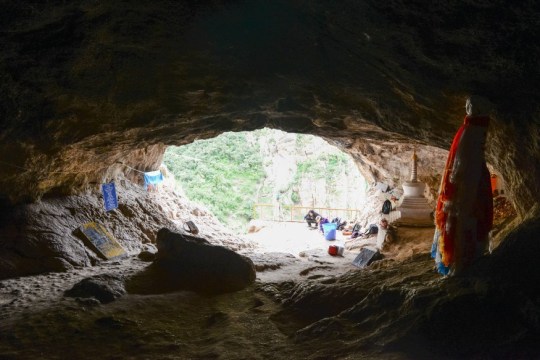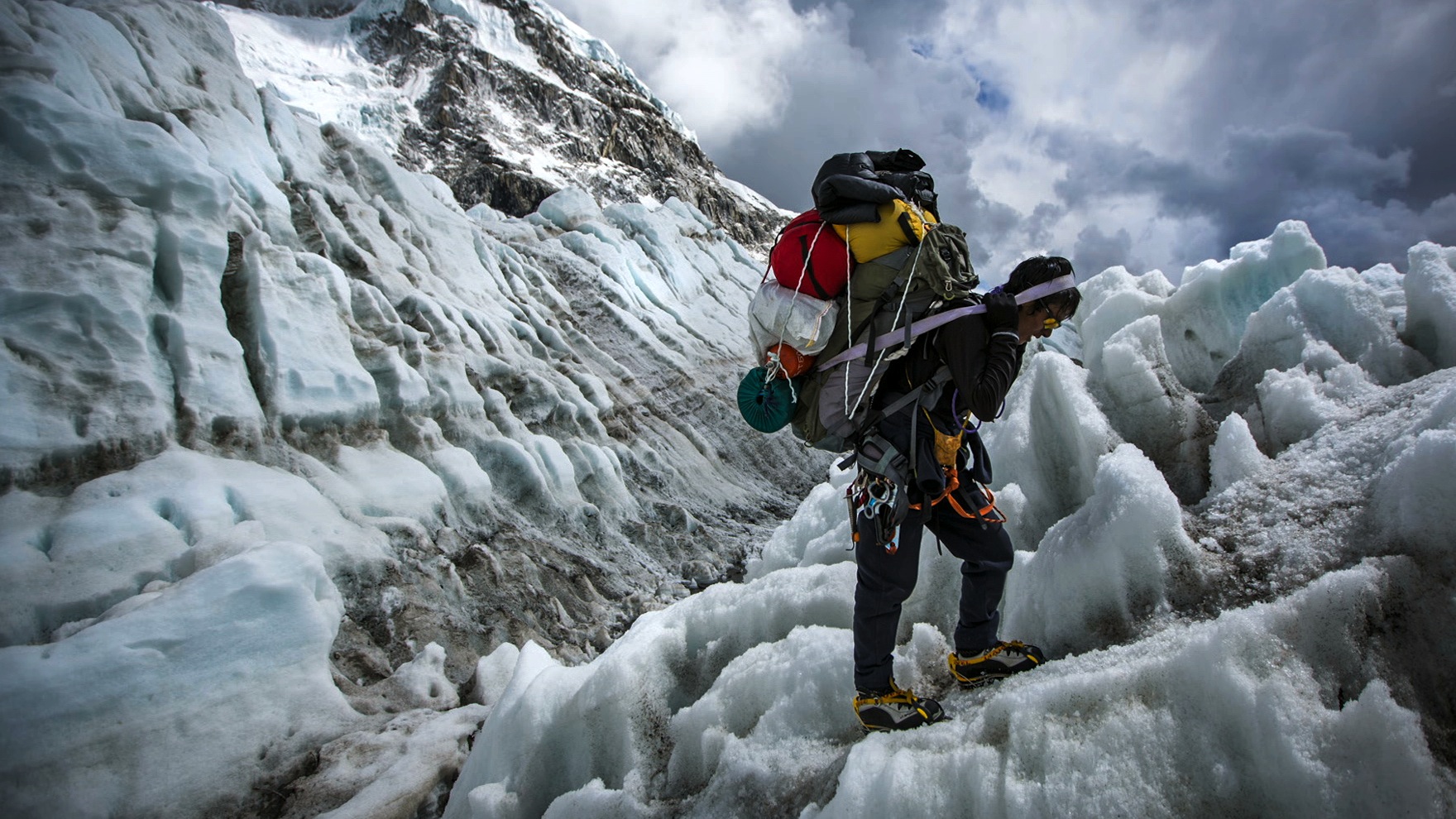An extinct race of Neanderthal-like humans populated the Tibetan plateau more than 100,000 years ago and passed on genes that help survive at high altitudes, a ground-breaking new discovery suggests.

A 160,000-year-old Denisovan jawbone unearthed in a cave in Xiahe, China, is the oldest hominin fossil ever found in the vast Himalayan region that has an average altitude of 4,500 metres (14,800ft).
Until now physical evidence of Denisovans had only been known from fossils from a single cave site in Siberia. But traces of Denisovan DNA have been detected in present-day Asian, Australian and Melanesian populations, suggesting that they may have once been widespread.

Both Denisovans and their sister human sub-species, the Neanderthals, are known to have interbred with the ancestors of people living today. Most intriguingly, modern Sherpas and Tibetans appear to have inherited Denisovan genetic variants that help them cope with high altitudes.
The new find suggests that they settled on the Tibetan plateau thousands of years before early modern humans, and the two groups later interbred.

Scientists were unable to find any DNA preserved in the fossil, but managed to extract proteins from one of the molars. Analysis showed that it was clearly Denisovan. Dr Dongju Zhang, from Lanzhou University in China’s Gansu province, who co-led the research, said: ‘Archaic hominins occupied the Tibetan plateau in the Middle Pleistocene and successfully adapted to high-altitude, low oxygen environments long before the regional arrival of modern Homo sapiens.’
The well-preserved jawbone is robust with very large molars, features shared by Denisovans and Neanderthals, according to the study reported in Nature journal.
A heavy carbonate crust covering the fossil allowed scientists to date it to at least 160,000 years old. The oldest specimens from ‘Denisova Cave’ in Siberia are from a similar time period.

However, the Siberian site is only 700 metres (2,296ft) above sea level. Modern day humans are not thought to have arrived on the Tibetan plateau until around 40,000 years ago.
Sherpas have lived in the Himalayas for at least 6,000 years. Studies have shown that they have developed a physiology similar to that of a fuel-efficient car. Their muscles get more mileage out of less oxygen than those of the average person.
Sherpas have mitochondria – tiny rod-like power plants in cells – that are extra-efficient at using oxygen. While their red blood cell count is increased in thin mountain air, it remains below the point at which the blood thickens and strains the heart, causing altitude sickness.
The Denisovan jawbone was originally discovered in 1980 by a local monk. He donated it to the sixth Gung-Thang Living Buddha, a Buddhist Lama, or teacher, who passed it to Lanzhou University.
Read more at Metro UK







